If you are going to read a novel that plays with literary conventions you want it written with aplomb. In Three Brothers we are not disappointed, as Peter Ackroyd shows a deftness of touch that comes from being a real master. Here his theme is families. Or rather, it is London. Or rather, it is the use of coincidence as a plot device. In fact it is all three, but perhaps the most important is coincidence.
As a literary device, coincidence is the presence of the author in the novel acting like an ancient Greek god directing events. This is apparent from the start when, in almost fairytale fashion, Ackroyd tells us that the brothers of the title, Harry, Daniel and Sam, were all born on 8 May, but each a year apart, in the 1950s.
From that unlikely claim, coincidences flow thick and fast, as though the convention is being tested to destruction. This might come from Ackroyd watching too many Latin American soap operas, where plots twist and turn with equal implausibility, but as he makes sure we realise, it is also a homage to that other great London novelist, Charles Dickens.
As with a Dickens novel, Three Brothers is set largely in London, starting in a working-class housing estate in Camden Town. There the eldest, Harry, fails his 11-plus and ends up at the local secondary modern school. In real life, this might fill him with self-doubt, but in Ackroyd’s fantasy London he becomes a driven and ruthless tough guy, rising from newspaper messenger boy to door-stepping hack and eventually Fleet Street editor.
The middle brother, Daniel, follows a different path, passing his 11-plus and becoming a grammar-school boy who wins a place at Cambridge. Perhaps inevitably, there he discovers his homosexuality and achieves the social status he desperately craves by becoming a don.
It is hard not to think of both Harry and Daniel as imported characters from other novels, but this playfulness with literary history is even more apparent with the third of the brothers, Sam. Sam might almost be a refugee from a Salman Rushdie story, to whom strange things happen as he drifts around the streets, almost uneducatable and unemployable. At times he appears an almost shamanistic character, as noted in the novel by the superstitious slum landlord Mr Rupta. Sam sees visions of a weeping Virgin Mary and even an entire East End nunnery, staffed it seems by the cast of Call the Midwife.
Clearly Ackroyd’s interest in London’s often hidden history is important, and the ghosts of lost souls and lost buildings exist almost as a constant, and often unexplained, background noise throughout the novel. All of that might suggest a highly self-conscious plundering of literary and material history. So it should. But Ackroyd never forgets that the primary purpose of a novel is not to show off the writer’s clever use of literary theory. It is to tell a great story, and in Three Brothers this is what he does.
Got something to add? Join the discussion and comment below.
Get 10 issues for just $10
Subscribe to The Spectator Australia today for the next 10 magazine issues, plus full online access, for just $10.
You might disagree with half of it, but you’ll enjoy reading all of it. Try your first month for free, then just $2 a week for the remainder of your first year.

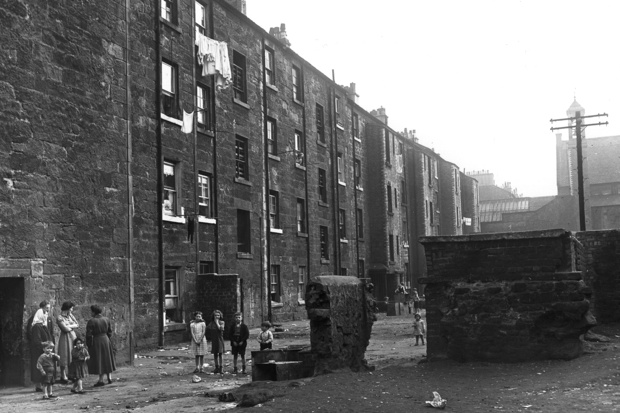
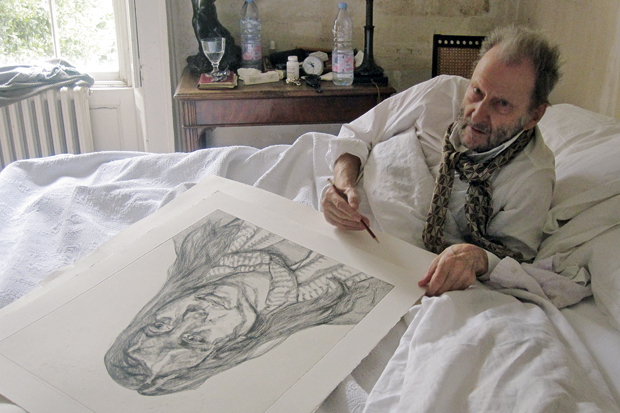
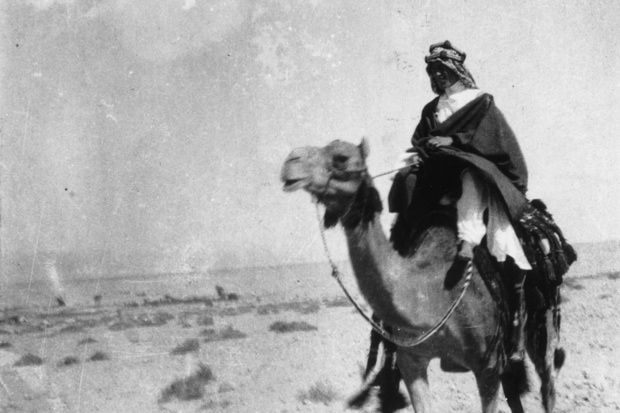

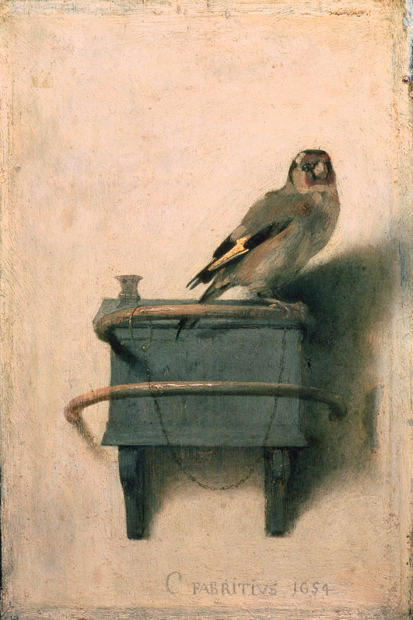
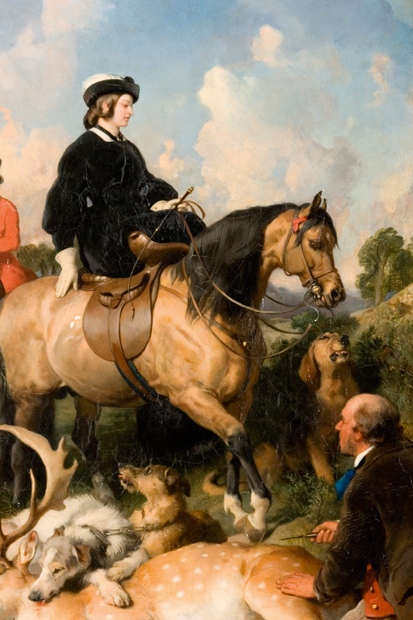
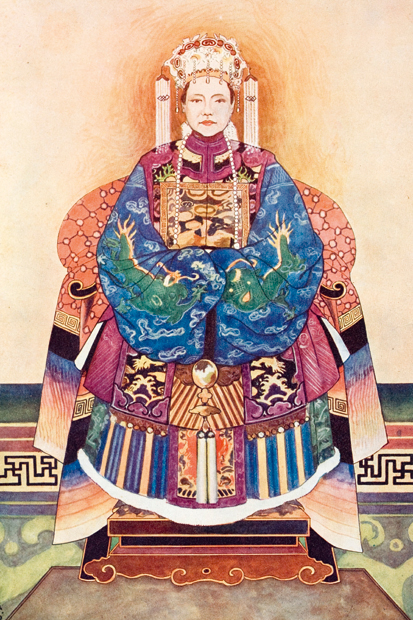






Comments
Don't miss out
Join the conversation with other Spectator Australia readers. Subscribe to leave a comment.
SUBSCRIBEAlready a subscriber? Log in